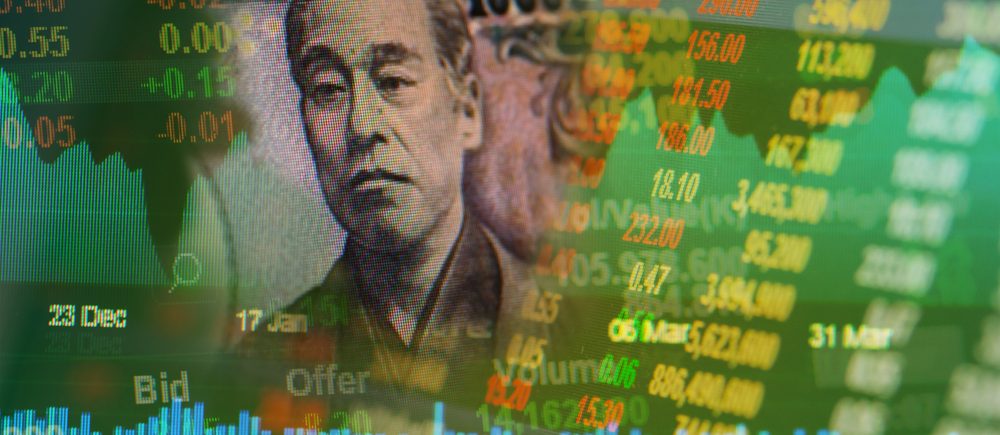The Japanese currency has enjoyed a long safe haven and safe investment status in a financial world with plenty of uncurtaining, but as the yen fell to its lowest level against the US dollar in more than two decades this week, analysts have speculated that its safe haven status may be declining.
The Japanese yen slid to 0.0071 US dollars on Friday and this is the lowest it’s traded at since the summer of 1998. Traditionally, the yen has been widely regarded as a safe haven asset by market participants, with investors pouring money into the Japanese currency during times of economic or geopolitical turbulence.
However, the yen and the US dollar; both historically treated as hedges against market volatility, have been moving in opposite directions lately, with the greenback edging higher in value in recent days on the back of the Federal Reserve’s hawkish Jackson Hole conference.
The Bank of Japan, meanwhile, has pledged to keep interest rates ultra-low in a bid to correct chronically weak inflation. While inflation in Japan has risen in recent months, it has not escalated to the extent seen in the US, with prices seeing an annual increase of 2.4% in July—slightly above the Bank of Japan’s 2% inflation target.
On Friday, Japanese Finance Minister Shunichi Suzuki told a news conference that the government would take “appropriate” action to bolster the country’s ailing currency.

Japan
 Noor Trends News, Technical Analysis, Educational Tools and Recommendations
Noor Trends News, Technical Analysis, Educational Tools and Recommendations




